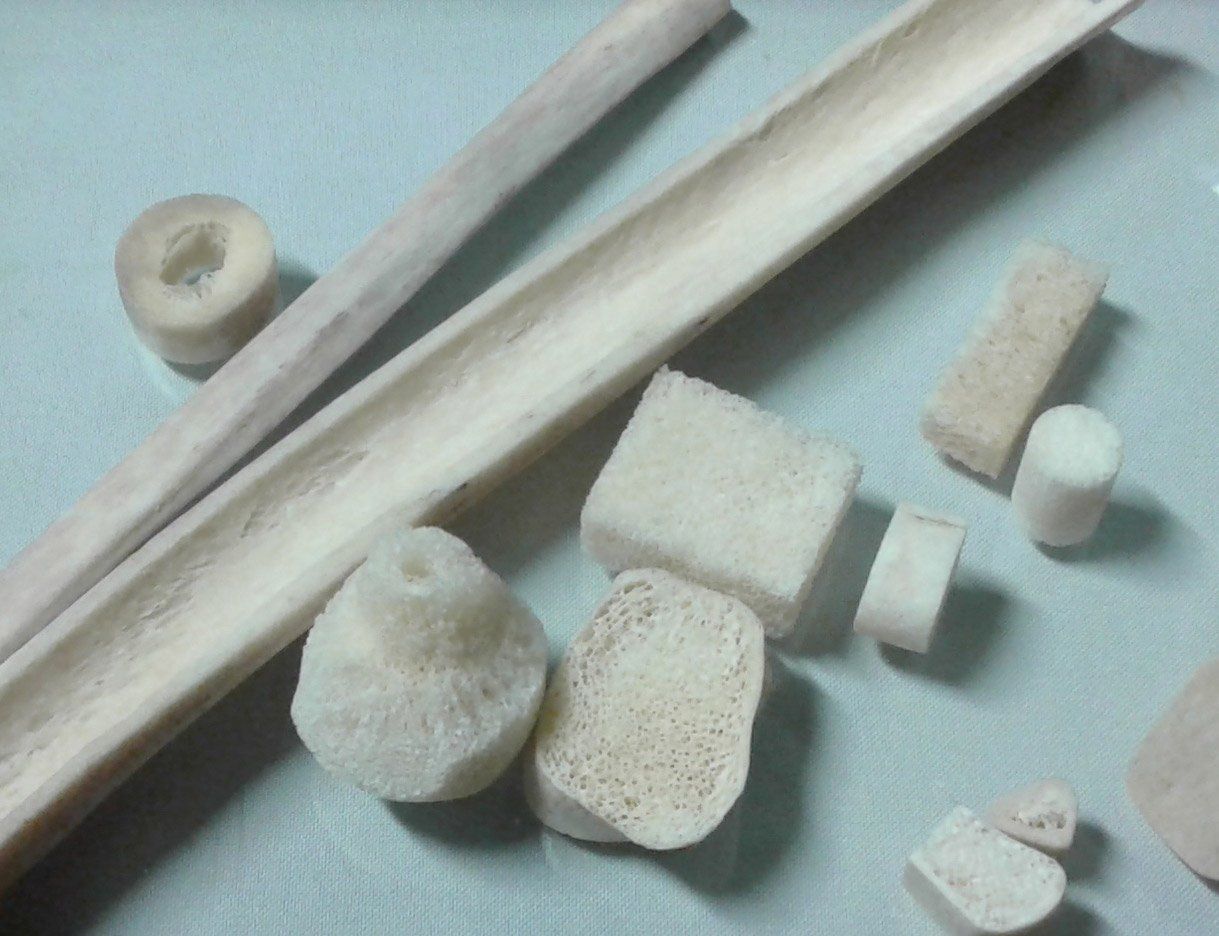Having hip replacement surgery? You could touch a life
Pieces of donated bone are converted for use in bone cancer treatment, corrective surgery, spinal fusions and tooth implants.
Netcare encourages South Africans to donate femoral heads
Hip replacement surgery, while a major operation, has become routine with 200 to 300 procedures taking place monthly in South Africa. Yet hip replacement patients are often unaware of the opportunity for them to make a difference in the life of another by donating their femoral head, at no risk or cost to them.
This is according to Reka Dulandas, regional transplant manager for Netcare hospitals’ coastal region. Dulandas explains that the femoral head is the uppermost part of the femur, or thigh bone, which if not donated is discarded as medical waste. “More than 90% of femoral heads in South Africa are unnecessarily discarded, which is most unfortunate. Like organs and other types of human tissue, donated bone can help to ease suffering and significantly improve the quality of life for someone in need.
“Bone can be converted for use in bone cancer treatment, corrective surgery, spinal fusions and tooth implants. Usable donated bone is processed into bone cement, chips and matchsticks, which are used as a framework for the recipient’s bone to grow into, modify and make its own,” she says. “The femoral head donation programme is carried out by Bone SA, a non-profit organisation, under the auspices of Netcare’s transplant division in the
Group’s hospitals nationally. According to Bone SA, bone is the most frequently transplanted human tissue after blood,” explains Dulandas.
The very first femoral head donation in a Netcare hospital in KwaZulu-Natal was made by Netcare St Augustine’s Hospital’s very own human resources manager, Uday Valjee when he underwent hip replacement surgery. “I had been experiencing terrible pain in December 2020 and was soon after diagnosed with avascular necrosis in both hips, a condition in which blood supply to the bone is temporarily or permanently interrupted, eventually causing it to collapse. This meant I needed to have bilateral hip replacement surgery,” says Valjee.
Valjee’s first hip replacement operation took place at Netcare Umhlanga Hospital in April 2021, where his first femoral head was procured for donation.
“The process was simple. A facilitator from Bone SA met me at my place of work to sign consent for the donation and for bloods to be drawn for virology testing. As a donor, there were no risks to me as my femoral head was being removed in any case, nor did it cost me anything. In theatre the femoral head was removed and from there it was taken by Bone SA to a laboratory together with blood samples to ensure there were no infections. That was it from me, nothing more was required,” says Valjee.
“Making the decision to donate was an easy one. I drew inspiration from my late father-in-law, who – before passing on – told me that he was an organ donor and that we should ensure his organs would be donated as per his wishes. The femoral head donation programme immediately reminded me of him and I was determined to make a difference in someone's life. This has been such a rewarding personal experience for me knowing that instead of wasting my bone tissue, I was giving back to those in need.”
Dulandas says that three months after his first replacement, Valjee is progressing well and is soon to undergo his second procedure, where he will be donating his second femoral head. “Since commencement of the femoral head recovery programme in KwaZulu-Natal, we have procured eight from Netcare Umhlanga Hospital and 10 from Netcare Alberlito Hospital. We aim to collect many more in conjunction with Bone SA with the help of patients like Uday, as the demand for bone product currently far outweighs the supply,” she says.
Mande Toubkin, general manager: emergency, trauma, transplant and corporate social investment, notes that the Netcare transplant division supports tissue banks responsible for skin, bone and corneal harvests and is responsible for the coordination of kidney, heart, liver and lung harvesting and transplants in Netcare hospitals nationally.
“Our internationally recognised transplant programme aims to increase the lifespan of patients and improve their quality of life. We are thankful for every person who assists us in making this possible with their generous donations and encourage others to do the same. Their generosity may very well be saving a life,” she concludes.













